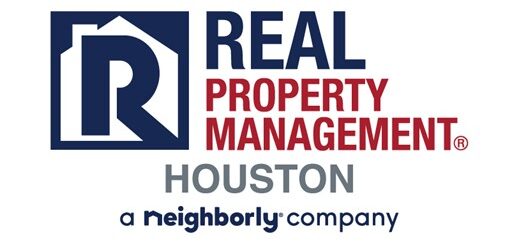What Are Your Tenant Maintenance Responsibilities?
Texas law stipulates specific maintenance responsibilities of landlord and tenants so that in case something breaks in the units, both parties know their obligations. In this post, we look at maintenance responsibilities in Texas rentals for tenants. So, exactly what are your tenant maintenance responsibilities?
Landlords are required to specify in the lease the specific responsibilities and expectation of tenants regarding the property. Tenants need to read and understand the lease agreement fully before they occupy the rental unit.
Generally, it’s landlord’s responsibility to make repairs or remedy a specific condition notified by a tenant to the landlord, if the tenant is current on their rent. This duty of repair does not apply if the conditions are caused by the tenant or a member of the tenant’s family.
A general statement of Lease Agreement stipulates that “Tenant shall not destroy, deface, damage, impair or remove any part of the Premises or surrounding property, nor permit any person under Tenant’s direction or control to do so.”
Specific tenant responsibilities to be included in the Lease Agreement include:
- Comply with all obligations imposed upon tenants by applicable provisions of all municipal, county and state codes, statutes, ordinances, and regulations.
- Be responsible for cleaning and routine maintenance
- Keep the Premises clean, sanitary, and in good condition.
- Notify landlord immediately of any defects, maintenance issues, or dangerous conditions of which tenant becomes aware.
- Dispose promptly of all rubbish, garbage, and other waste
- Properly use and operate any electrical, gas and plumbing fixtures, and keep them safe as clean and sanitary as their conditions permit.
Many problems between tenants and landlords occur because the lease agreement has been breached or either party is unaware of his/her rights under the law. As a result, the maintenance responsibility section of the lease agreement is critical to avoid these problems while protecting both the landlord and the tenant.
